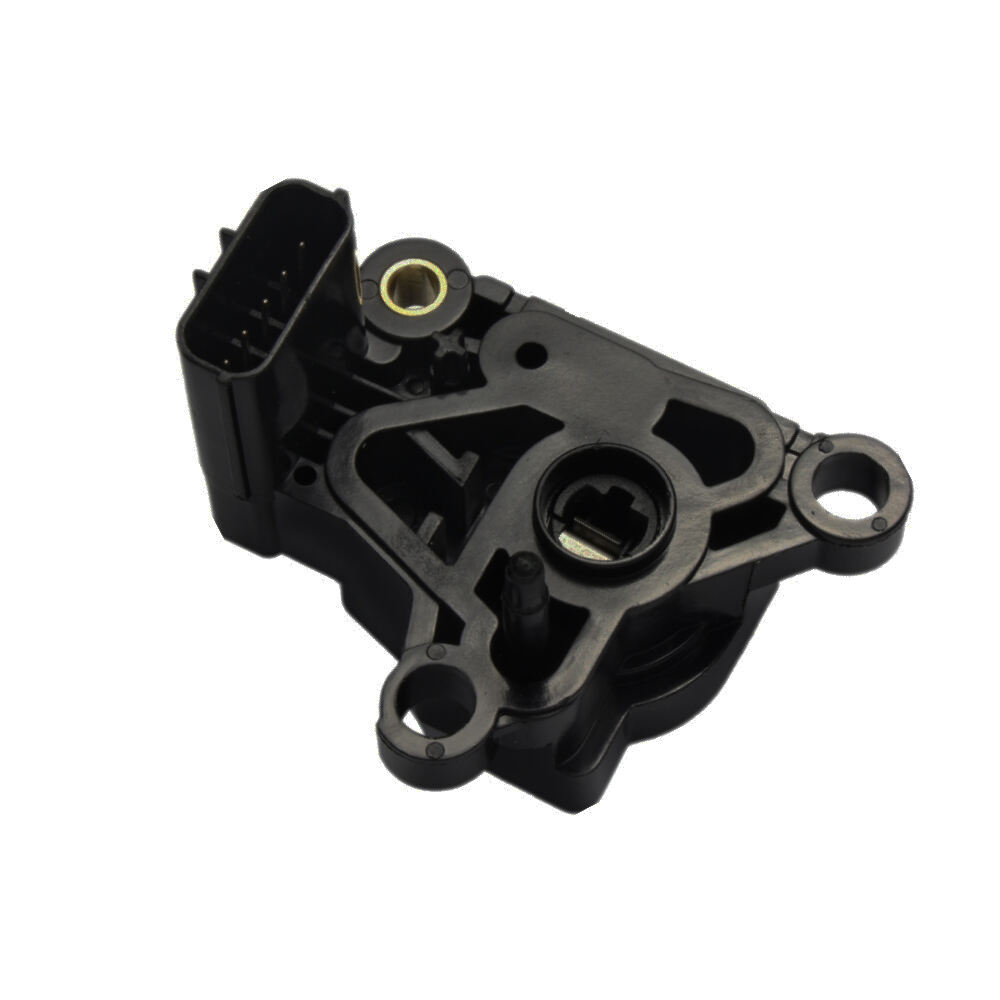carburetor tps
The carburetor TPS (Throttle Position Sensor) is a crucial component in modern automotive fuel systems that bridges the gap between mechanical and electronic engine control. This precision instrument monitors the exact position of the throttle plate in real-time, providing vital information to the engine's electronic control unit (ECU). Operating through a variable resistor mechanism, the TPS converts mechanical movement into electrical signals, enabling precise fuel mixture adjustments and optimal engine performance. The sensor typically operates on a voltage range of 0.5 to 4.5 volts, with the lower voltage indicating a closed throttle position and higher voltage representing wide-open throttle. Beyond basic position monitoring, modern carburetor TPS units incorporate advanced features such as idle validation circuits and integrated position mapping capabilities. These technological enhancements ensure seamless communication between the mechanical carburetor system and the vehicle's electronic controls, resulting in improved fuel efficiency, reduced emissions, and enhanced drivability. The TPS plays a vital role in various applications, from automotive and marine engines to industrial equipment, where precise fuel mixture control is essential for optimal performance and efficiency.


